Weekly recaps
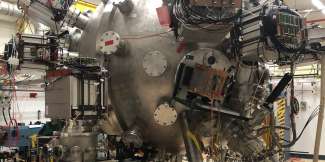
Recap / Best of Last Week: Magneto-inertial fusion experiment, artificial leaves, and driving rats
It was a good week for physics, as a team working at Los Alamos National Laboratory announced that their magneto-inertial fusion experiment is nearing completion—they call it an ambitious approach to achieving controlled ...
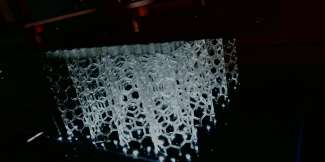
Recap / Best of Last Week: New stable form of plutonium, highest throughput 3-D printer, benefits of exercise before breakfast
It was another good week for physics as an international team of scientists announced that they had discovered a new stable form of plutonium—the compound had an unexpected, pentavalent oxidation state and was solid and ...

Recap / Best of Last Week: Unlocking an old physics secret, artificial bee colony optimization, and food packaging findings
It was a good week for physics as a group at IBMsolved a 140-year-old mystery in physics, revealing some previously unknown physical characteristics of semiconductors. Also, a group with members from NIST, the University ...
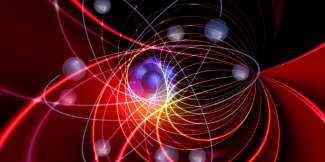
Recap / Best of Last Week–Less than zero energy, alternative to Bitcoin and men should avoid alcohol prior to conceiving a child
It was a good week for physics, as a team at Goethe University solved a mystery surrounding photon momentum using a new spectrometer they built with previously unattainable resolution. And an international team investigated ...

Recap / Best of Last Week: Getting closer to a quantum computer, a million-mile battery and garlic and onions may prevent cancer
It was another good week for physics research as Hooman Davoudiasl, a theoretical physicist at the Brookhaven National Laboratory, proposed that LIGO/Virgo black holes originate from a first-order phase transition—a first-order ...
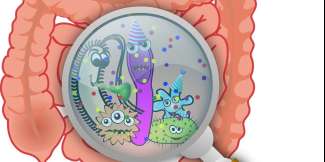
Recap / Best of Last Week: Earth warming more quickly than thought, a mesh plug-in and gut bacteria's ties to obesity
It was a good week for space news, as a team at the Goddard Institute for Space Science explored whether Venus could once have been habitable. They found evidence suggesting the planet may have been temperate approximately ...

Recap / Best of Last Week: Our black hole is getting hungrier, electricity from the night sky and why we gain weight as we age
It was a good week for physics as an international team of researchers found evidence of towering balloon-like structures near the center of the Milky Way—they suggest the hourglass-shaped structures likely resulted from ...

Recap / Best of Last Week: Extracting fuel from sunlight, uncloaking nature's deepest secret, and how mouthwash thwarts exercise
It was a good week for technology research, as a team at Rice University announced that they had built a reactor that turns a greenhouse gas into pure liquid fuel—it uses carbon dioxide to produce formic acid, a fuel cell ...
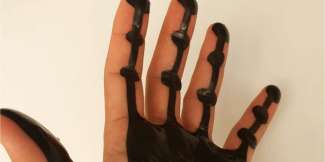
Recap / Best of Last Week: Devices that disappear, a robotic thread and weight loss with intermittent fasting
It was a good week for technology research, as a team at King Abdullah University of Science and Technology demonstrated a biocompatible magnetic skin that could enable new wearable systems—the skin cover allows for tracking ...
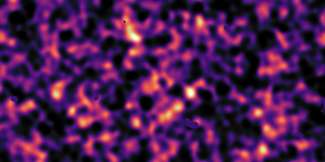
Recap / Best of Last Week – Heavyweight candidate for dark matter, stardust in Antarctic snow and fasting reducing inflammation
It was another good week for physics as a team with members from the Austrian Academy of Sciences and the University of Vienna announced that they had achieved complex quantum teleportation for the first time—they found ...

Recap / Best of Last Week: New state of matter, synthesizing a cyclocarbon and calcium connection to age-related memory loss
It was a good week for physics as a team with members from New York University, the University of Buffalo and Wayne State University announced that they had discovered a new state of matter—topological superconductivity.

Recap / Best of Last Week: Electricity-free coolers, dark matter older than big bang and health effects of eating marijuana
It was a good week for technological innovation as an international team of engineers described how in the future, an electricity-free tech could help cool buildings in metropolitan areas. It is based on special material ...